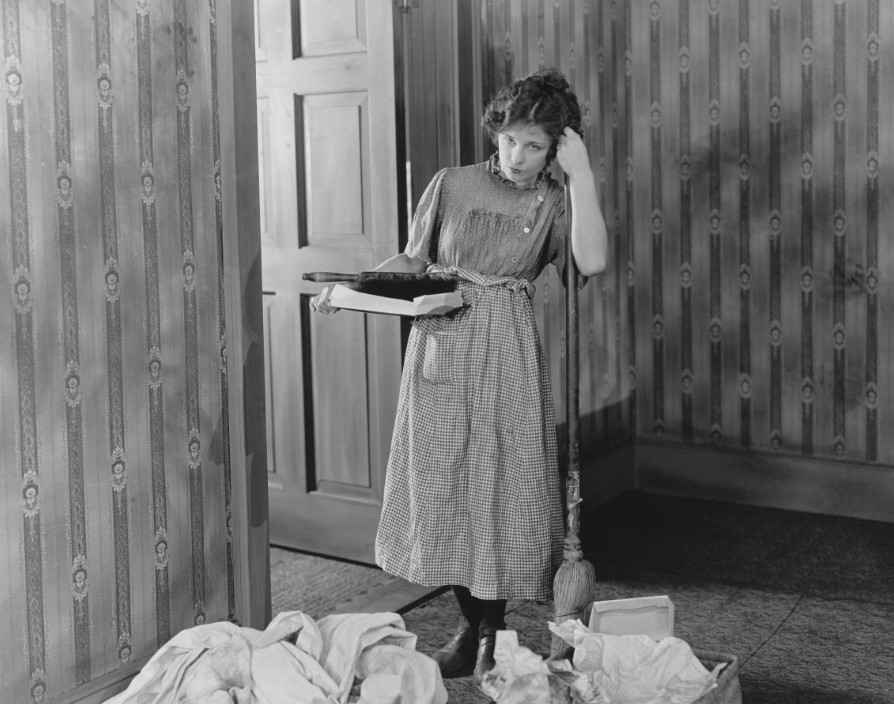Remember that heady fortnight in March when ‘Working from home’ became the hottest must-have item since the last iPhone was launched?
When the office culture of the past century (probably more) was disrupted beyond recognition as we swapped the workstation for the spare room or kitchen table and turned our homes into a hive of activity?
Me neither. It seems so long ago now. Normalised to an almost imaginable extent, this is the future, in the present. Covid-19 has blown up work patterns for the 21st century and beyond.
According to data in recent survey published by The Financial Times, twice as many us will be permanently based from our own homes next year as were last. That equates to 34.4% of total workforce ‘ a drop back from the current high watermark of 72% but still a seismic shift.
Why the confidence invested in that cultural switch? Simply, because productivity has risen, not dropped, silencing the sceptics who claimed all the pandemic would bring would be increased TV ratings for Loose Women and Countdown. Not so.
Virtual labour isn’t an artifice. It’s real, it’s flexible, it’s impactful. And it’s working ‘ pardon the pun ‘ for so many who dreamt of severing ties to the office long before now but were met with organisational inertia.
Yet, it is not challenge-free, for females especially. The world may have altered but the gender roles will take a little longer to morph. During the months of lockdown, women – according to several research studies – were still charged with the primary responsibility for being the substitute teacher / carer / entertainment officer while kids were off school.
Even when the gates were unlocked, the pitfalls of unconscious inequality remain. From chores to childcare, mothers do 2.6 times as much unpaid domestic work as their spouses, a United Nations report found. That can translate into an additional 15 hours each work.
Throw in caring for the elderly ‘ an even more precarious and potentially time-consuming activity when governmental rules on households meeting are in force. And also dealing with the sick, whether Covid is involved or not. More female-first initiatives.
Stagnation, not progress. There is a sense that tightly-entrenched inequity has not truly shifted, even when two partners are both working from home. It’s just too easy to be dragged into additional duties of that ilk when the office is located within a mop’s length of the bucket.
Joint research by the universities of Oxford, Cambridge and Zurich discovered workers in alternative work arrangements and in occupations in which only a small share of tasks can be done from home are more likely to have reduced their hours, lost their jobs and suffered falls in earnings.
An argument for a fresh approach to roles. But the same scholars found that women and those who report being able to do fewer tasks from home are more optimistic about their chance of keeping their job in the US and UK. Not so straightforward, and even tougher when children are in the mix, as the numbers demonstrate.
There is no separation of that church and state, no matter how many corona-proof Perspex screens you erect. And without commitment and support from employers, colleagues ‘ and other halves ‘ the fault lines might not be speedily repaired.
Women still need to push harder to achieve business goals. To close the pay gap. Throw in the uncertainty in the market as we near the end of 2020 with the original generous Furlough scheme at an end and the Job Support Scheme providing lower levels of financial help for businesses. Add in the countless industries piling up redundancies and the troubles are not far to seek.
Fortunately, we are in a sector at SmartPA where we were helping our people to work from home before it became the fashion by force.
We’ve seen a huge increase in demand for our expertise in adapting to remote provision, whether it is providing back office support over the phone or online or additional cover for services which were previously delivered in-house. Some of our clients have had to become more efficient to survive. Our role is to make them better, today and in the years ahead.
We’re also training more people to launch our Virtual PA businesses than ever before. Why? Because people want to take control of their own destiny before an employer takes it for them. And because they have seen the future and the opportunities it presents.
But the benefits of change won’t stop with being able to find a more family-friendly schedule. Or a broadband connection that allows us to work as seamlessly apart as we did on adjoining desks. Or iPhones that advance the smart universe.
Women fought industriously to stop being chained to the kitchen sink. We might be spending our days within reach of it but a little help doing the dishes would be rather nice, please.
“
Share via:








































